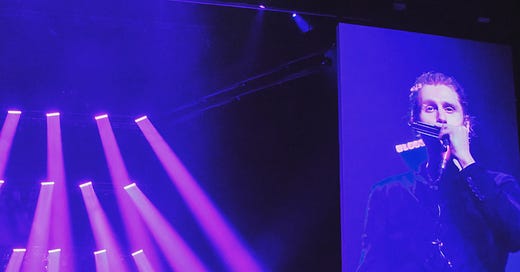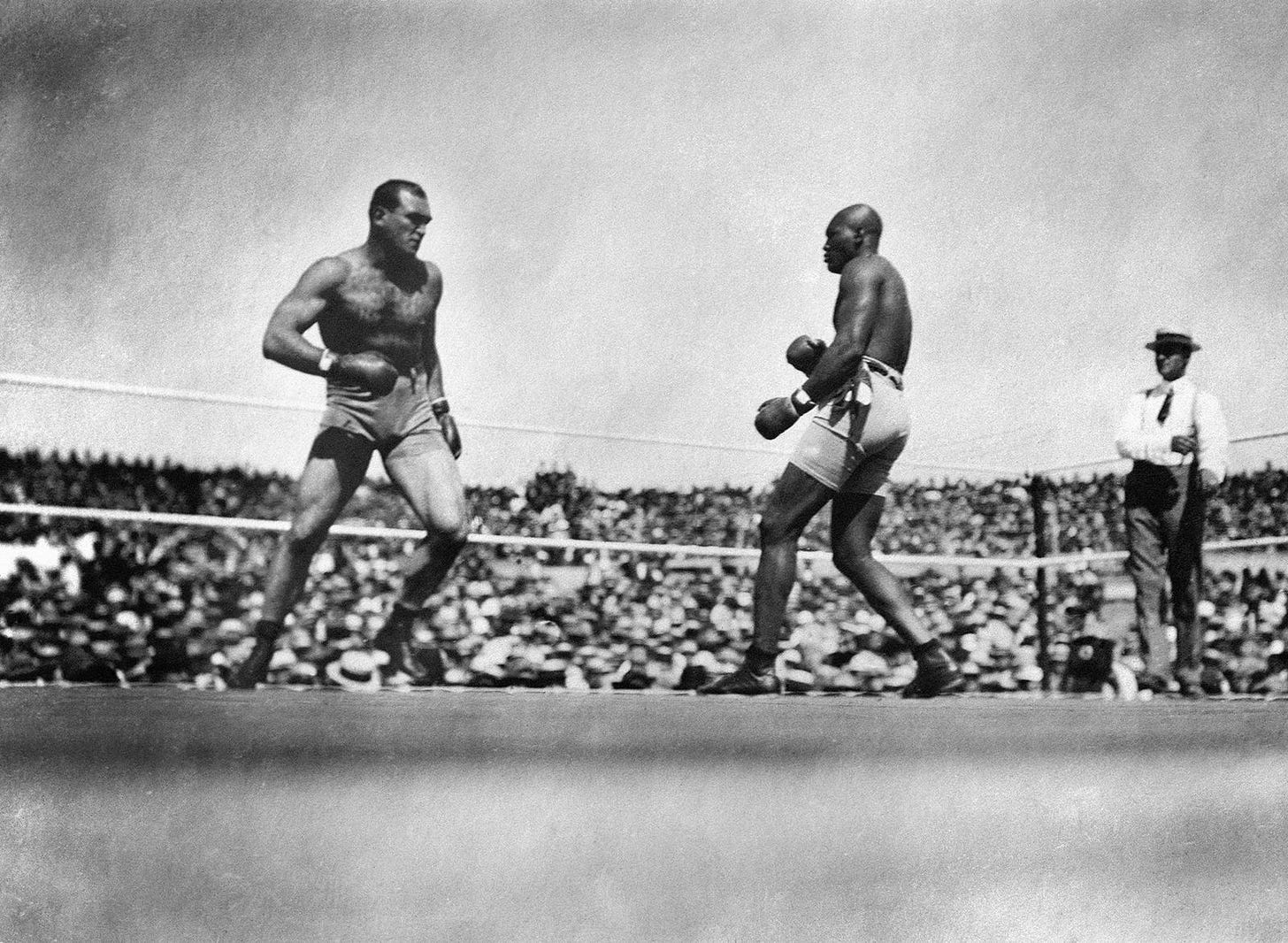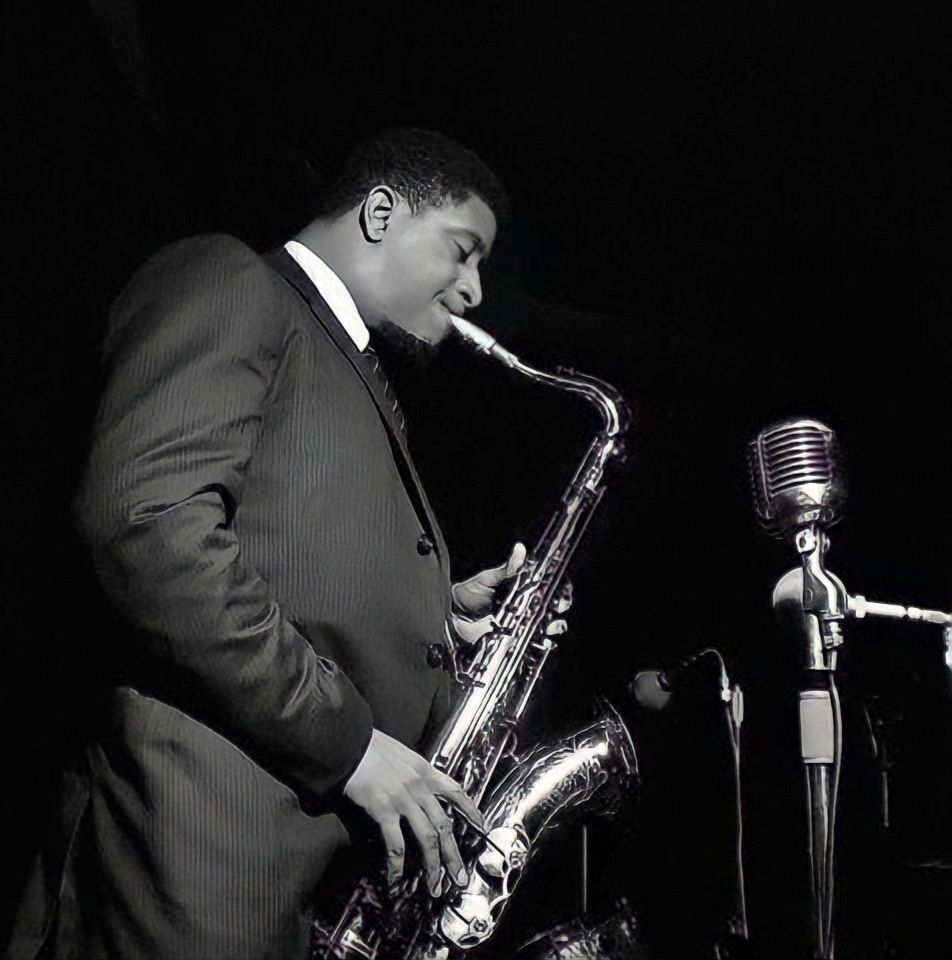“Why should I shy away? If fate is kind or cruel, man must still try” -Sir Gaiwan and the Green Knight.
There’s no normalizing the process of getting up on stage and playing music to an unknown crowd. It will always be scary. There’s peace in knowing you will never feel fully settled up there. Many eyes are watching you, every movement of your hands and feet, hearing every note you play. Being on stage feels like being under a microscope.
In these moments of silent fear, the player has one of two choices: respond or falter.
This can be refreshing. In a world where choice seems endless, the stage simplifies everything. Time slows down, and the world is not an algorithm but reduced to the most basic human reaction: choice.
Whether it is getting on stage for a play, concert, or jam, being the center of attention can be a truly nerve-wracking experience. Sometimes, these nerves can get the best of you. Many of the students I’ve taught over the years feel crippling fear when they are asked to play harmonica for a workshop or even just to me. It can lock you into a fixed mindset that stunts your growth as a musician. Playing to people is a crucial part of playing music. It allows the individual to express themselves to a broader audience, develop skills in a live setting, and grow as a performer.
In today’s article, I want to share some tips and stories about overcoming these feelings of nerves. Taking the stage for the first time is scary, but hopefully, some tips will help!
Smile
Jack Johnson, in his famous fight against Jim Jeffries, knew he was a long shot to win. He knew that Jeffries had the advantages over him.
What Johnson did have was a strategy.
Every round when the bell sounded, no matter how beat up or tired he was, Johnson would go out to meet Jeffries in the middle of the ring with the biggest smile. Unnerved, Jeffries would look at this man he had put through hell for round after round, standing there smiling at him, unsure of what to do next. “How could he possibly be smiling after that beating??” he said.
Johnson would win by 15th-round TKO in the “Fight of the Century.”
Do you think Johnson had every reason to be nervous? I do. Yet, no matter how anxious or in pain, he greeted his challenges with a smile.
At the end of the day, that’s all we can do.
Just before you get on stage, loosen your shoulders, take a deep breath, and let's see those pearly whites. While you may feel a degree of anxiety as you take those dreaded steps on stage, know that this, too, will be over before you know it.
We can only greet our challenges with as much composure, grace, and humor as possible.
As Melville says in Moby Dick, “Come what may, I’ll go to it laughing.”
Don’t Play For The Crowd, Play For The Sound
In his Notebooks, Sonny Rollins discusses the importance of not playing to the crowd. They were not his primary focus when he was on stage. His primary focus was on the quality of his sound; everything else was an afterthought.
Too often, we feel a need to play to impress the people sitting in front of the stage. We feel pressure to look a certain way or act a certain way. Sometimes, we are disingenuous about who we are because we care so much about being accepted or liked by the hordes of patrons and fans.
It’s all bullshit.
As a musician, the most important controllable factor in your arsenal is the quality of your sound. You can’t make people like you when you are up there. You can do all the prior practice, due diligence, and dedication to your craft to make playing music on stage not so much about crowd-pleasing but playing to a high standard of musicianship.
Understand Your Fear
The fear of being on stage is the same fear you feel when talking to a stranger, bungee jumping off a cliff, or swimming with sharks: you don’t know how it will go.
This unknown, this fear you have of not knowing what’s on the other side of the gig or show, is completely rational. Walking into a dark room, we feel a measurable degree more fear than in a well-lit room. We like to know where we are going next. We want to see what’s up the road.
Getting on stage then is, in many ways, a leap of faith.
Taking a leap of faith isn’t easy. It requires us to shut off the rational sides of our brains and go completely into uncharted territory.
The human mind is divided into two parts: the elephant and the rider (Emotion Response and Critical Thinking). This is how generations of philosophers and psychologists have understood our processing and decision-making ability. Plato, Buddha, and Freud all ended up saying roughly the same thing.
Most of our processing is emotional, yet we are meant to master these emotions through logical practices. Humans have a much greater emotional response, so new habits and behaviors are hard to form and stick with. Nerves, anxiety, and fear all have the upper hand in any equation. The elephant doesn’t like the stage, public speaking, asking girls out, etc., and the rider, despite our best efforts, can only try to control their steed for so long.
In the end, the elephant always has the upper hand.
Human rationality then depends on sophisticated emotionality. Our reasoning brains work only because of how well our emotional brains work. 20% Reasoning + 80% Emotion = Intelligent Behavior.
To achieve success on stage, we must understand our elephants before trying to control them.
The human brain has two processing systems: Automatic and Controlled. Most automatic processing happens from an unconscious act, whereas controlled processing occurs in conjunction with our riders. Controlled processing emphasizes long-term goals, while automatic processing focuses on emotional, here-and-now gratification. Nerves are a fight-or-flight response in the human body that manifests physically and mentally. Feelings of unpreparedness, self-doubt, imposter syndrome, social anxiety, or low self-esteem usually trigger them.
So, it’s no wonder this leap of faith is so hard to take.
Your brain was hard-wired to keep you away from the stage and the danger of the unknown. While these emotions are valid and natural, they are unpleasant and can prevent progress on the harmonica.
To conclude this article, I’ll share a story from a journal entry I wrote a few years ago.
December 31st, 2018: My First Official Gig with Sting
It’s freezing and wet outside. We’ve been allocated a dressing room in a hotel a few blocks from the stage. There is a flurry of activity—makeup is being applied, suits are ironed, and assistants are being screamed at on the phone because the coffee order they brought wasn’t right. This is the disjointed orchestra of events that goes into making the Times Square New Year’s Show a reality.
In the dressing room, my heart rate is well over 100 BPM. Desperately, I look around to see if anyone else is feeling the kind of anxiety that’s coursing through me. My hands are shaking, and a thin layer of sweat coats my whole body, shaking the harmonica like a leaf.
I’ve never experienced this type of fear: a crossroads fear where one wrong move could change my life forever for the better…or for the worse.
I’m about to become the first harmonica player to ever play the main stage on New Year’s Eve in Times Square in front of 30 million people… and I’ve never been more unsure of anything.
There’s no veil to hide my fear from my surrounding family. They all looked at me with weak smiles and encouraging words of “You got it- you’ll do great,” but I wonder now if they were as nervous as I was leading into the performance.
Nerves are a funny thing in that we need them to survive, but at the same time, they make you feel so crippled with fear that you feel like you want to die.
The moments tick away, and eventually, it’s 1130pm- time to start walking to the stage.
I join the band convoy of walking musicians to weave through the sea of people in Times Square. All around me, I see faces- those wet, rain-soaked, freezing faces hidden under top hats that say “Happy 2019” and bodies vacuum-sealed in their themed plastic ponchos. None of them know me, none of them expect to hear a harmonica on the stage tonight, and none of them will ever know my name. But my job is to play, so I tune them out. I go into my zone or as far as I can into it.
At that point in my playing career, I had never had to muster the courage needed to perform at this level. It felt impossible to breathe.
In the little tent off to the side of the stage, there is a pre-show frenzy of mics being tested, tempos being checked, laughs, and jokes about how much everyone loves this kind of gig where it is “one song and out.” I don’t understand what’s happening- I’ve blacked out everything else except for the certainty that, in five minutes, the world will hear my instrument.
There’s nowhere to hide, nowhere to run.
Then it’s time.
I’m shuffled up the steps to the stage, which I’ve been prepping to step onto for the last several months. Hours and hours of listening to the same song over and over again, playing in the early hours of the morning, checking and rechecking that I was getting all the parts right: this is Stevie Wonder’s part we are talking about here- there’s no such thing as faking that sound.
The lights are brighter than I could have ever imagined. I can’t see a decreeable crowd, but I know they're out there- millions of them watching and waiting to hear the famous Sting and what he has up his sleeve. Little did they know that he’s brought an untested, 24-year-old harmonica player onto the big stage with him this evening, mimicking the parts of the great Stevie Wonder.
The rain and partial snow have entered my harmonica- the slide on the side of my chromatic seems to be working (I hope), and the metal is freezing against my dry, chapped lips. I try to wet the mouthpiece as much as possible, but the elements seem to have their way tonight. Part of being a professional boils down to “there’s no such thing as perfect,” and having a half-functional harmonica was one of those moments I had to overcome.
There was no turning back now.
I looked around at the rest of the band—everyone was cool as a cucumber, checking their phones, laughing and joking like they had been here a million times before (which I later found out they had). I was the odd man out, the newbie who, in addition to playing the solos and fills for the song, was also the youngest and most clueless on stage.
At last, the time had come to begin the song. I had never worn “In-Ears” (in-ear monitors) before and was unsure how this new aspect would interfere with my playing.
I took a deep breath and closed my eyes. The lights came up, and I heard the click in my ears.
1-2-3-4
And we were off.
I don’t remember the first notes I played. I blacked out most of the performance. It became a mixture of elation and disorientation—I was never really present but floating in some ethereal realm of alternate experience. Whatever issues I was having with my harmonica, the anxiety, and the fear all went away the moment the countdown finished, and I just went with the flow.
When the song ended, I opened my eyes. A look of complete admiration on Sting’s face sends me to a new level of joy. As we disembark the stage and head back toward the dressing room, I feel like I am floating. Not only did I play the biggest show of my life, but (unbeknownst to me then) I had just secured the next five years of my life. I had no idea at that moment that this, these big shows playing with rock royalty and feeling all the fear I had, would become the new norm in the years to come.
When we returned to the dressing room, we could see the playback of our performance on the TV. Man, I looked so nervous. My family came to join me in the dressing room, and tears and congratulations poured forth. My sister handed me a shot of my favorite whiskey (Lagavullin 16), and we toasted this accomplishment.
We still had time to see the ball drop and enter into the fray of New Year's goers to have a proper New York New Year. The clock ticked down as the rain poured on us:
10-9-8-7-6-5-4-3-2-1
HAPPY NEW YEAR!!!!!!!!!
The distinct tracks of “Auld Lange Syne” and “New York, New York” echoed across the hordes of people. I entered into an embrace with my family and looked up at the sky thick with confetti.
It was the biggest moment of my life. Not only had I performed at Times Square, but I had shown the world that this little harmonica can play on any stage. It can do it all.
I share this story to let you know you aren’t alone. No matter which stage you perform on, there will always be nerves and anxiety.
All you can do is control how you respond.
Hopefully, it is with grace, empathy, and acceptance.
-Shane










Hi Shane,
Thanks so much for all you do to encourage and support this wonderful instrument and all who seek to master it!
So...Is Sting the elephant? :) Great Story! Thank you.